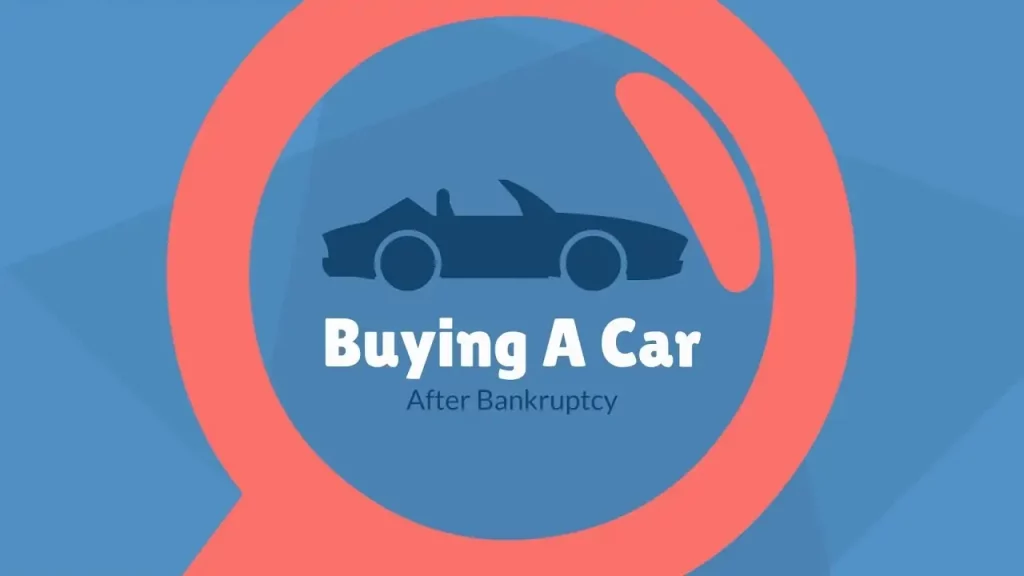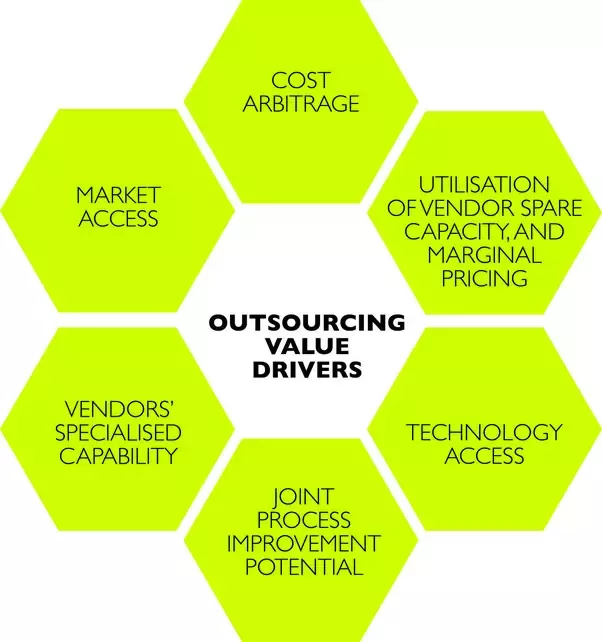One of the biggest concerns for anyone considering bankruptcy is how filing it will affect their loan. Everyone knows that there are some implications. Most disagree on the size or duration of the impact. That and how to rebuild it are two things I want to shed light on in this post.
What if I just grin and can bear it?
One question you should ask yourself is, “What happens to my credit score if I don’t file for bankruptcy?” For many people who are thinking about bankruptcy, they are already at the point where they are unable to pay their current debt obligations. If you are, your credit score suffers every month that you don’t make your monthly payments. To give you an idea as soon as you’re 30 or 60 days late, your credit score starts to take a hit. If you let a payment get to the point where it’s 90 days late, it stays on your credit report for up to 7 years and has a significant impact on your score. Having just a few of these occurrences could be just as harmful or more damaging than filing for bankruptcy in the first place. For this reason, once you realize that you won’t be able to find a quick way out of the situation, it’s probably best to set the bankruptcy wheels in motion. The higher your score before filing the case, the higher it will be after you file the case and receive your dismissal.
Debt settlement company and your loan.
Many people try to do everything in their power to avoid bankruptcy, for some people this involves entering into agreements with companies that promise a lower payment by consolidating their debt. These companies come in a variety of flavors. But that’s an issue for another time. What many of them will do is enter into an agreement with you where you make a monthly payment to them, then they either hold the money until they have enough to make an offer for a particular debt, or they make small monthly payments to all creditors at once. The problem is that this does not stop these creditors from reporting negatively to the credit reference agencies. It also doesn’t necessarily prevent creditors from suing you in a state court, obtaining a judgment, and garnishing your wages. Another problem is that when they settle down, it shows up as done for less than the full amount, which hurts your score. In addition, if you settle down, you will likely receive a 1099 from the company and will likely have to claim the amount awarded as income for your taxes. That either means you have a lower refund or owe it.
How long does it stay in your report and what does that mean for you?
First, if you are in a difficult financial situation and are struggling to pay your rent or make your home payment, this should not be a factor in your decision to apply. That said, how long it stays in your report and how long the bankruptcy notation negatively affects you are two very different things. If you file for Chapter 7 bankruptcy, it will typically remain in your report for 10 years. If you file for Chapter 13 bankruptcy, it will remain in your report 7 years after the case is resolved. Seven to ten years seems like a long time. It’s a long time, but within those seven to ten years, you can still buy cars, houses, and get loans. The general rule is that you can get a home loan about two years after a chapter 7 (sometimes only one year), almost immediately after the fall you can get car loan and credit cards. Not bad, right? You should kick lightly here. Look at the offers you receive and accept only the best, it will not help you, if you start applying for many cards at once, limit it to a maximum of one or two. When you can get credit depends on your income and your creditworthiness. I’ve seen clients with scores in the 500s before filing a Chapter 7 had scores in the 700s a year after the case was settled. On the other hand, I have seen that other customers mWith low scores coming back a few years later and they still had low scores. What’s going on?
How to improve your score after bankruptcy.
If you do the way you did, and nothing else has changed, your credit score probably won’t change much. The lowest that your score could possibly be is between 300 and 403, depending on the type of FICO score. The highest it can be is about 850, but even that depends on the type of score. If you don’t use credit, your score won’t go anywhere. So what can you do? The first thing I recommend is to go and get all three reports for free. This is something you can do once a year. Once you have these, you will want to review them, possibly with the help of your lawyer, to determine if the credit reference agencies are properly report your debts as discharged into bankruptcy. If they are incorrect and refuse to correct the errors, you may have remedies either through your old bankruptcy case or a cause of action under the Fair Credit Reporting Act (FCRA). Once your report is in order, you can start rebuilding. A good idea is to start with a secured credit card or with a store brand card. With a secured card, the creditor usually has $300.00 to $500.00 and that becomes your credit limit. There is a very low risk for the cardholder as they have the security of your deposit, but the advantage for you is that they report to the credit reference agencies. If you need a car, a car loan with a reasonable payment is another great way to improve your credit score as long as you are able and actually do so on time. My secret credit score repair weapon is IBR. If you have federal student loans and have a low income or live paycheck to paycheck, you should at least get involved with this program. IBR stands for Income Based Repayment, you can apply for it on the following website. https://studentaid.ed.gov/sa/repay-loans/understand/plans/income-driven. The big advantage of this plan is that many people who had filed for bankruptcy are entitled to payments of $0.00. If you’re eligible and sign up and get approved for a $0.00 payment or whatever, every month you make that payment (yes, even the zero dollar payment if you’re eligible) is a month that your lender states as a timely payment to the credit bureaus. The more on-time payments you have, the better your credit score will be.
Good luck
Steven Palmer, Esq.
Licensed in Ohio and Washington
how fast will a car loan raise my credit score
#Impact #Bankruptcy #Credit
- The winner of the Hottest Firefighter promises: “I’ll stay dedicated to saving lives.” - December 1, 2022
- Smiling influencer caught on camera kicking a dog apologizes for sharing the ‘cruel act.’ - December 1, 2022
- What is full coverage auto insurance in Florida? - November 14, 2022



